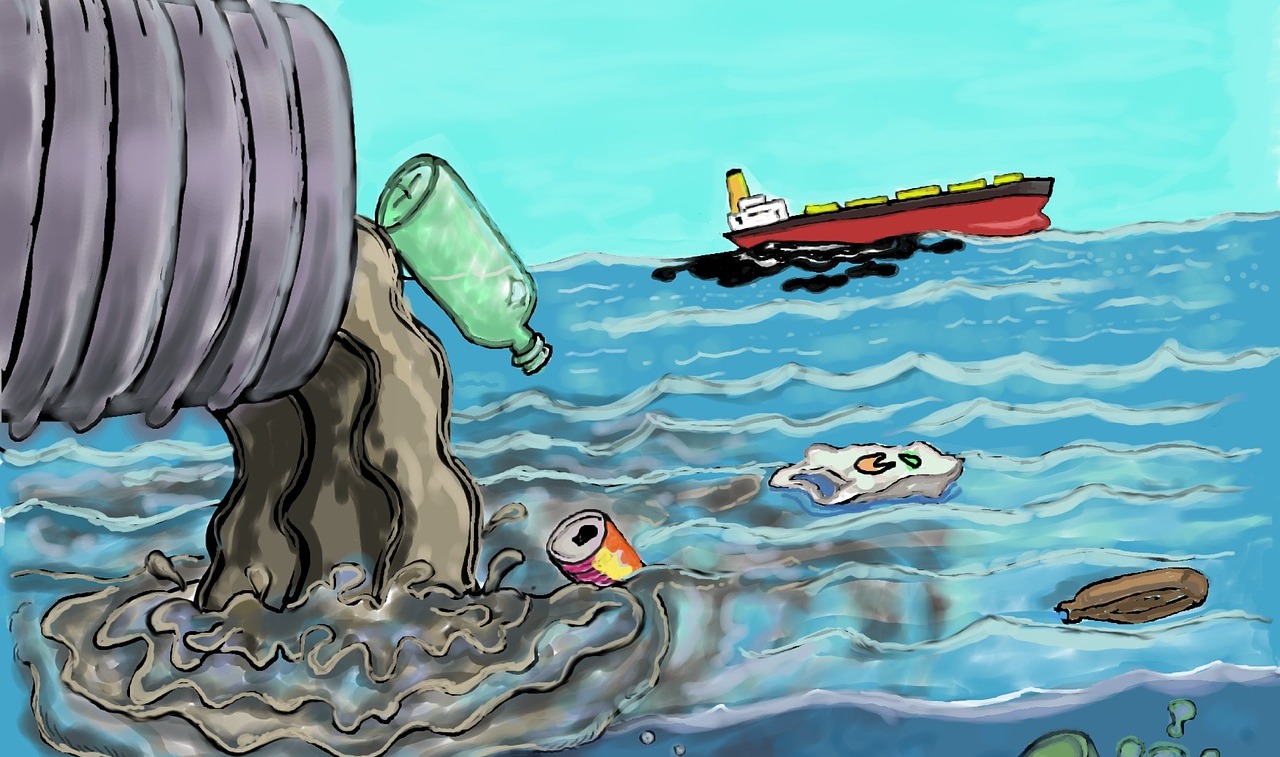The European Commission has proposed a new plan to achieve a 90% reduction in greenhouse gas emissions across the European Union (EU) by 2040 compared to 1990 levels.
The target is based on a detailed impact assessment, published this week by the EU, on ways to reach the Bloc’s goal of becoming climate neutral by 2050.
The EU explains that the recommendation is in line with its Paris Agreement commitments as well as with the advice of the European Scientific Advisory Board on Climate Change (ESABCC).
Establishing a 2040 climate target will “help European industry, investors, citizens and governments to make decisions in this decade that will keep the EU on track to meet its climate neutrality objective in 2050,” writes the EU.
It will minimize the dangers of stranded assets by sending crucial signals about long-term planning and investment strategies, and, hopefully, “shape a prosperous, competitive and fair society, to decarbonise EU industry and energy systems, and to ensure that Europe is a prime destination for investment, with stable future-proof jobs.”
The new target, according to the EU, will also improve resilience against future crises and make Europe less dependent on imported fossil fuels. As the impact assessment found, inaction on climate change could cost the EU 7% of its GDP by 2100.
To achieve this ambitious target, several conditions need to be established, the EU says. These include:
The full implementation of the existing legislation to reduce emissions by at least 55% by 2030.
Ensuring the competitiveness of the European industry: As the EU explains, the Green Deal now needs to “become an industrial decarbonisation deal that builds on existing industrial strengths, like wind power, hydropower, and electrolysers, and continues to increase domestic manufacturing capacity in growth sectors like batteries, electric vehicles, heat pumps, solar PV, CCU/CCS, biogas and biomethane, and the circular economy.”
The ability to finance and price carbon is also essential for European industry to meet its emission reduction goals. A special taskforce will be established by the Commission to create a global strategy for carbon pricing and markets.
To make the economy competitive and sustainable, Europe will also need to mobilize the appropriate amount of investment from the public and private sectors. The upcoming years will require a close-knit European approach to finance, the EU says.
Related Articles: How the EU Aims to Improve ESG Ratings | Navigating the EU Corporate Sustainability Reporting Directive [2023] | New Requirements for Sustainability Reporting in Europe | Sustainability Reporting: EU Lawmakers Vote to Delay Standards for Specific Sectors and Non-EU Companies | EU Council Agrees on New Rules on ESG Ratings | How Exposed Is Your Business to Physical Climate Risks? New Tool Lets You Find Out
“Fairness, solidarity and social policies” must continue to be at the center of the shift. Everyone in our communities must benefit from climate action, and those who are most vulnerable or have the most difficulty adapting must be considered in policymaking. Here the EU lists the Social Climate Fund and Just Transition Fund as examples of such policies that will “help citizens, regions, businesses and workers in this decade.”
“Open dialogue with all stakeholders”: Carrying out the clean transition requires an open discussion with all parties involved. Formal dialogues between the Commission and industry and agricultural stakeholders have already been established, and “structured dialogue with social partners should be strengthened to ensure their contribution, focusing on employment, mobility, job quality, investments in reskilling and upskilling.”
This continuous outreach will assist the next Commission in presenting legislative recommendations for the post-2030 policy framework that will fairly and economically achieve the 2040 target. The development of carbon-free technology and the effective utilization of existing resources will determine the rate of decarbonization, the EU explains.
As the EU takes bold steps towards a greener future, the proposal signals a paradigm shift in climate policy, setting the stage for a transformative decade ahead. The world watches closely as the EU positions itself at the forefront of global efforts to combat climate change, with a resolute commitment to decarbonization by 2040.
Editor’s Note: The opinions expressed here by the authors are their own, not those of Impakter.com — Featured Photo Credit: Marek Piwnicki.









